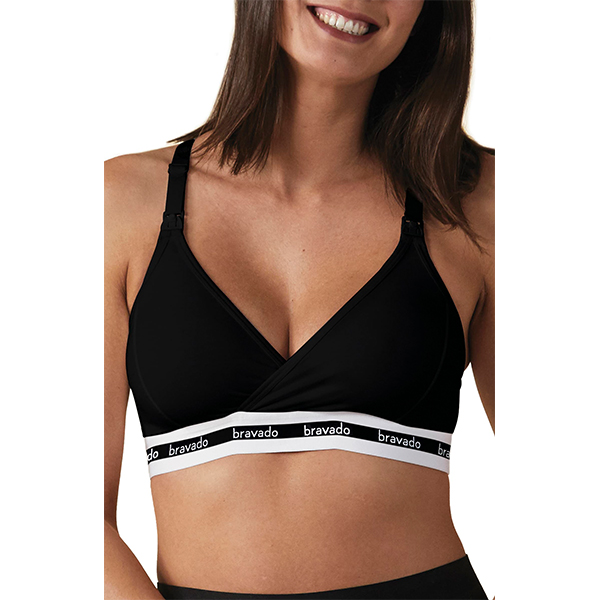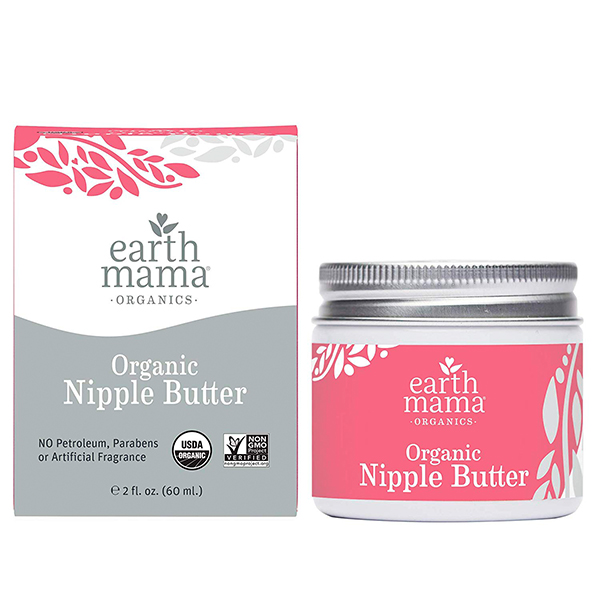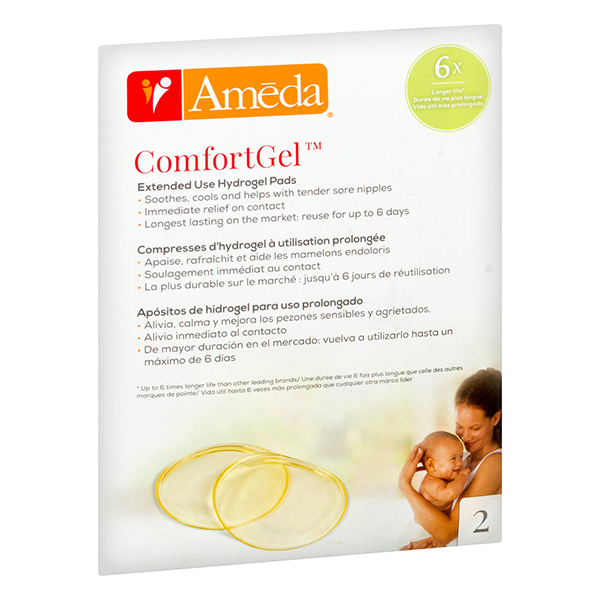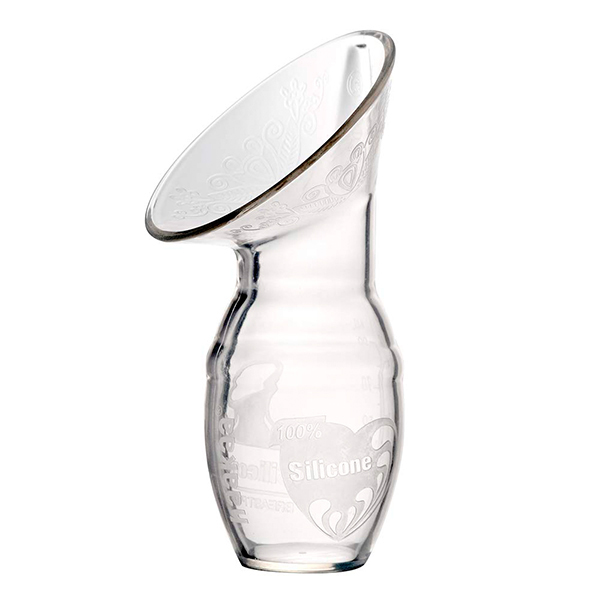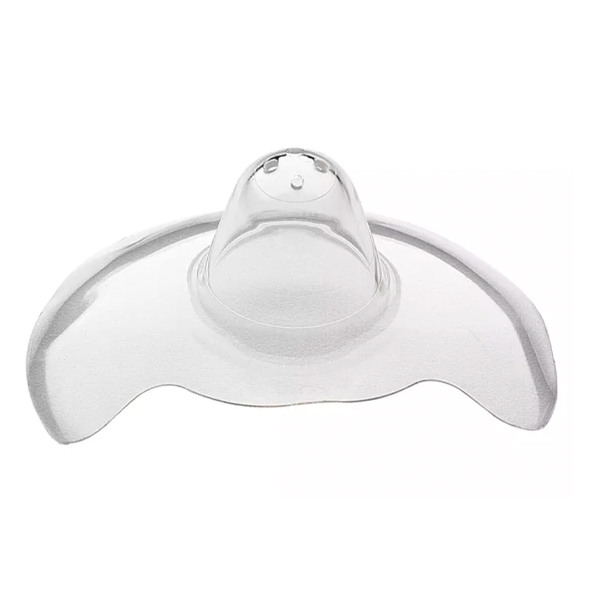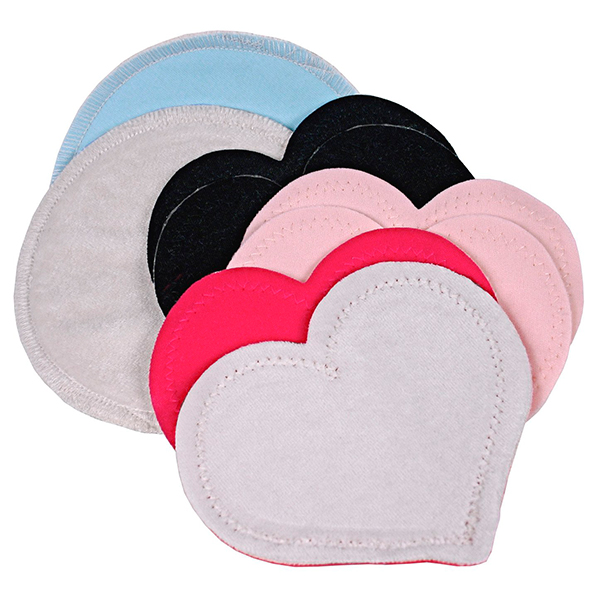Ask a Lactation Consultant: 21 of Your Most Pressing Breastfeeding Questions, Answered
Happy National and World Breastfeeding Awareness Month! While breastfeeding can be a blissful and rewarding experience, it’s not uncommon for women to feel some anxiety or worry around the topic. Many mothers-to-be—and even experienced mothers—have a ton of questions when it comes to nursing their newborns, so we asked lactation specialist, Kimberly Durdin to answer our most pressing breastfeeding questions
Ahead, Kimberly offers her professional guidance on everything from treating mastitis to increasing milk supply.

Breastfeeding
I have never breastfed, but I’ve heard it’s extremely painful. What helps ease the pain? Are there any tips or techniques that can ensure less pain in the beginning?
Breastfeeding should not be painful, but it may be uncomfortable in the beginning. Here are a few tips and techniques to consider: (1) Take a prenatal breastfeeding class to become educated about proper latching technique; and (2) Aat the first sign of pain, get professional help! Don’t try to tough it out.
How long should I feed on each breast?
Depends on the age of the baby. Newborns and smaller infants are usually on each breast for twenty-ish minutes. A full feed is around 45 minutes. An older infant is more efficient and therefore won’t need as much time to extract the milk. An older baby can sometimes finish the feed in 15 minutes. Don’t forget, things like cluster feeding, teething, fevers, or illness can change these time estimates.
How do I know if my baby is getting a sufficient amount breast milk? My milk supply is low when I pump.
The best way to know if a baby is getting enough is by counting their diapers. Another good indicator is if the baby is gaining sufficient weight. Pumping is not an indication of how much milk you make, it only tells you how much you can pump. Not every person responds well to the pump.
How do I deal with excess milk?
You can keep and freeze or donate it. If you want to try and decrease your supply you should do so under the care of the lactation professional. You do not want to treat excess milk (oversupply) with pumping. There is a common misconception that if you extract excess milk with a pump that you will help the issue. Actually, the opposite is true, more pumping will tell your body to make more milk.
What’s the best way to treat mastitis?
Depends on your personal view of treatment. If you’re on the holistic side, you can try a warm castor oil wool or flannel compress for at least twenty minutes, or an Epsom salt bath, or dangle nursing—and don’t skip feedings. The common practice for treating mastitis in Western medicine is antibiotics. Either way, consult a lactation professional to ensure supply is maintained.
For additional info, I love the website www.kellymom.com. Search “mastitis” for a great overview on recognizing, treating, and preventing mastitis.
Can you breastfeed with implants?
Yes, you can. Make sure to connect with a lactation professional. They’ll want to know details about the surgery such as: when it was, where the incisions were made, and what type of implants were placed.
What are some tricks for waking a baby up to eat?
Pick your baby up, take off its clothes, and do some skin to skin. Is your baby being heavily swaddled? That can sometimes make a baby sleep longer.
My other question is, how old is your baby? Is the baby feeding well? Although some people are told that a baby must feed every “X” number of hours, babies don’t tend to eat like clockwork (some do, but most don’t).
The average newborn feeding interval is every 1 to 3 hours hours. That said, 1 to 4 hour stretches of sleep is normal and okay as long as baby is feeding well and gaining weight appropriately.
A well-fed, appropriately gaining baby may need even longer stretches of sleep as they grow. Things like growth spurts and teething, as well as developmental leaps, can cause your baby to be normally more wakeful.
When do you stop breastfeeding on-demand?
Whenever you want to! My counter question would be, how old is your baby/child?
What’s a good age to introduce a pacifier while breastfeeding?
You should introduce a pacifier after breastfeeding is well established. You don’t want to miss the baby’s early feeding cues (for example, crying is a late feeding cue). I recommend waiting for 4 to 8 weeks.
How does drinking coffee affect my breastmilk? Can I drink coffee? How do I schedule it?
Excessive amounts of caffeine from coffee (and tea, chocolate, soda, etc) can possibly cause irritability in a baby. However, in moderation, caffeine is usually fine for most breastfeeding people and their babies. If you are finding yourself having “lots” of caffeine to get through the day, I would examine diet and sleep/rest concerns (of mom) to see how these things might be causing a mother to desire excessive amounts of caffeine.
How can I enjoy a drink or two while breastfeeding?
It’s generally accepted that 1 to 2 drinks a day (depending on alcohol content) are safe to consume while breastfeeding. If you’re buzzed, your milk is buzzed too. The alcohol in your milk will leave just as it leaves your bloodstream. If you pump the milk, the alcohol content will still be there. When you feel sober, you can either pump or feed the baby directly.
One way to reduce the amount of alcohol that gets to your infant through your breastmilk is to have your drink right after nursing. The alcohol will leave your bloodstream in a few hours and, therefore, will not be present in your milk when your baby is ready to feed again.
For more info, check out www.infantrisk.com and search alcohol and breastfeeding.
Supply
What foods can you eat to increase your milk supply?
Eating a generally healthy, well-balanced diet will help. Milk will get the nutrients from your body so it’s important you replenish your nutrients. Hydration is key. Coconut water is great if you think you’re lacking electrolytes. Continuing to take prenatal vitamins can also help if you feel your diet is lacking.
There are some foods and substances called “galactagogues” that have been reported to help increase milk supply, however, many have not been studied as to their effectiveness. Foods like oatmeal, barley, and herbs like fenugreek and moringa are often used. Talk to a lactation professional directly about this if you’d like more info.
What supplements or herbs can you eat to increase your milk supply?
Blessed/milk thistle, nettles, fennel, moringa, and fenugreek (this does impact sugar levels so it should not be taken if you’re diabetic). It’s best to take a blend, something like MotherLove More Milk blend.
Bottles
Will introducing a bottle cause baby to reject the breast?
Possibly. Although nipple confusion is a common misconception (it does not exist, more on this below), babies can develop a preference for the bottle because they get milk faster than at the breast. Make sure to use paced bottle feeding and a slow flow nipple to mimic a feed at the breast.
What’s the best way to introduce a bottle?
Sometimes it can be helpful for someone besides the person nursing the baby to introduce the bottle because baby will have a preference for the breast—the breast is a comfort for the baby. It is best to introduce the bottle once breastfeeding has been well established, usually around three to five weeks. However, in some cases, a bottle can be introduced earlier (ex. baby in NICU or parent returns to work). Have patience and use paced bottle feeding.
Is there a certain bottle you recommend for breastfeed babies?
No bottle is more “breast-like.” It’s more important to use a slow flow nipple and practice paced bottle feeding to mimic a feeding at the breast.
My baby won’t latch onto a bottle, any suggestions?
Honestly, just keep trying if you need the baby to take a bottle. Try different nipple shapes (narrow versus wide base, etc.) and different nipple flows.
What is nipple confusion? How often can you bottle-feed without causing nipple confusion?
Nipple confusion does not exist. The baby will not get confused about what is their mother’s breast and what is plastic. However nipple preference does exist. Babies will prefer the bottle because the milk flows faster from the bottle. Milk is naturally paced at the breast and your baby has to work for milk. With the bottle, your baby needs to use minimal effort for more milk. You can bottlefeed as much as you want without causing preference if you use a slow flow nipple and paced bottle feeding.
Pumping
At what point should a mother start pumping? Should you pump before 4 weeks?
It depends on the mother and why she needs to pump.It can be part of a mom’s care plan to pump before 4 weeks if she has a low milk supply. If mom is returning to work at 6 weeks, she may need to start pumping at 4 weeks. This is very individualized and you should consult a lactation professional for a pumping consult to address your specific needs.
What is your preferred breast pump?
There are many pumps to choose from today. Many moms like the Spectra 2. I personally used the Medela Symphony (which is considered a hospital grade pump and best pump to use if your baby is premature, or unable to come to the breast to nurse at any age).
Many moms are purchasing a small, manual silicon pump called Haaka for occasional use or to catch milk that leaks from the opposite breast while nursing. This little pump is a nice addition to have. It’s small, requires no electricity, and it’s inexpensive.
The best pump for you depends on why you need to pump and how often you are pumping. Most health insurance plans will cover a breast pump for new moms, but be sure to check with your insurance company.
Do you pump before or after nursing?
This depends on why you’re pumping, but usually after. Let your baby have the chance to get all that they need. Then you can pump to either collect milk for the freezer or to further stimulate the breast.
Editor’s note: Questions and answers have been edited for length and clarity.

Kimberly Durdin is a Los Angeles based Lactation Consultant (IBCLC), Student Midwife, Childbirth Educator and Doula. Over the last 26 years, Kimberly has provided lactation care, postpartum support, counseling, childbirth education, and labor support.
In 2018, Kimberly and business partner Allegra Hill, LM, CPM, IBCLC opened Kindred Space LA, a birth, lactation and education space. Kindred Space LA is also home to the Birthing People Foundation, a non-profit they co-founded to train more birth workers of color.
As a mother of six, grandmother of three, Kimberly credits her children as her greatest teachers.



